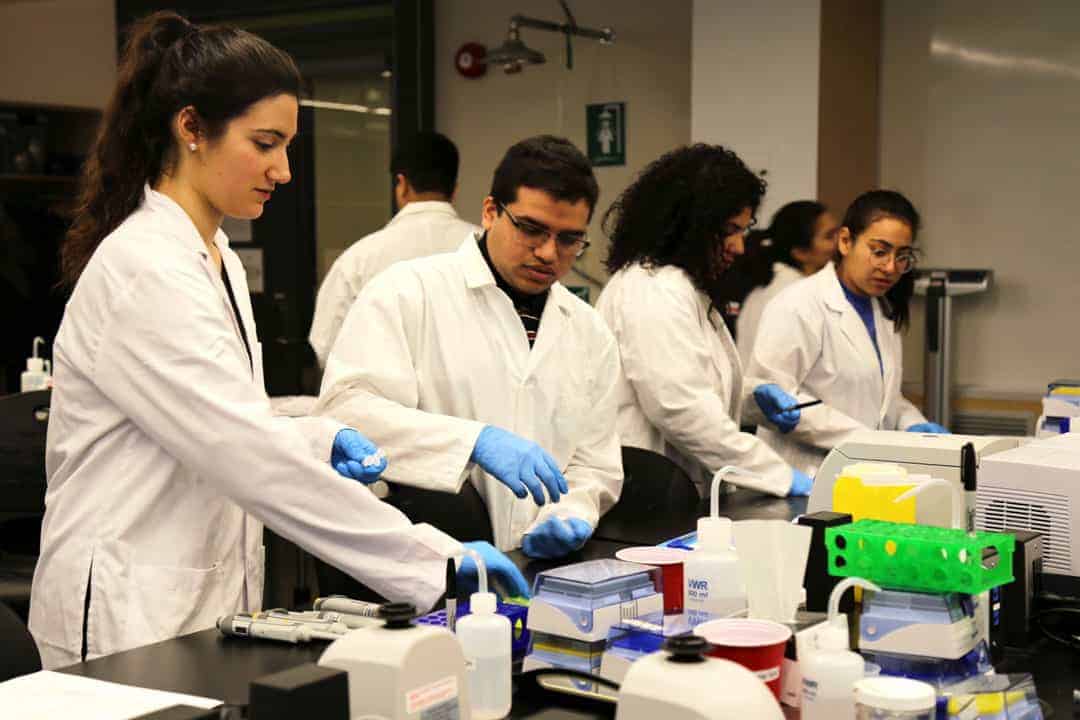Katerina Isabel Benevides — Astrophysics, Archaeology, and Mathematics
Paulo Coehlo said, “We are travelers on a cosmic journey, stardust, swirling and dancing in the eddies and whirlpools of infinity.” Long ago, I had this sentence read to me from the comfort of my bed, looking up at my ceiling covered in glow-in-the-dark stars and a cheap galaxy projector from Walmart. Upon waking to find the moon in the morning sky, I would always express wanting to go there one day.
I then spent subsequent years of my life striving to become an astronaut, but a part of me felt that decision was rather incomplete. I developed a fascination for history alongside the origins of life on Earth and the cosmological makeup of the universe, and I didn’t want to sacrifice any of my interests.
As an individual, I became more confused, had persistent existential crises, and convinced myself that I had no originality. I was not exactly quick to understand that I did not have to sacrifice Shakespeare for Stephen Hawking.
What on Earth could possibly satiate my longing to be true to myself and my desire to learn while also not overwhelming my agenda with six classes every semester? It took a lot of differentiating between likes and passions to truly find the combination that suited me best. Astronomy and astrophysics were a given, considering my years working at an observatory and performing data analyses on variable stars, but archaeology appealed to the linguist and classicist within me, allowing me to study antiquities and human history. Why not become an astronaut who also studies the science of stars and stone?
Play around with prospective combinations and see what suits you best. Remember, your chosen field of study does not have to make sense to others if it makes sense to you. Ad astra!
Safiya Patel — Neuroscience, English, and French
Science never inspired me; I got through high school biology by memorizing the relevant textbook chapters before a test, and the only remarkable scientific experiences I had were from Scientists in School visits.
Then, I visited a cadaver lab for a kinesiology class and held a human brain in my hands. Something inside me changed. That squishy three-pound lump had been someone’s life force, giving them the ability to read and write, to contemplate and love. Science became inspiring, amazing.
Yes, I know I sound like a Robin Williams character, but my feelings usually override my logic; I needed to be passionate about a subject to dedicate my whole life to it. I chose neuroscience because I needed to understand how a seemingly unremarkable mass can be the source of all the beauty I find in literature — through the art it inspires, the brain became my connection to science.
Now I have fully adopted the mantle of a science student, but my minors of English and French are not only testaments to my childhood interests; they also remind me of just how magnificent the brain is. When I get overwhelmed by the technical aspects of synaptic transmission or feel that I cannot commit one more equation to memory, I remember that it was science that allowed me to learn a fourth language, that allowed Robert Frost to write beautiful verse. In a similar manner, my minors also give me an outlet when science gets too hard.
My Program of Study (POSt) combination is the perfect prologue to the career in health care that I aspire toward. Health care involves people, and thus encompasses more than diagnosis and treatment. The emotion — the humanity — that I learn through literature will prepare me to balance compassion with science.
Art and science inspire each other, and I find inspiration where they intersect.
Sky Kapoor — Physics, Ecology, and Evolutionary Biology
I dabbled in numerous different POSt combinations before settling on the one I am currently enrolled in. I never truly felt satisfied with studying just a couple things — I had to know everything and satisfy every curiosity that traversed my brain.
I came to U of T hoping to study neuroscience and computer science, but my inability to grasp even the simplest concepts in CHM136 — Introductory Organic Chemistry snuffed out that dream pretty quickly. Then, I moved towards cognitive science to reconcile this loss, but couldn’t get off the waitlist for COG250 — Introduction to Cognitive Science in time to graduate in four years. At the end of my second year, I decided it would be interesting to try mathematics — I’ve always loved and understood numbers — but MAT235 — Multivariable Calculus destroyed me in a way I didn’t know was possible.
I dabbled in the humanities, too. My electives were in political science and Italian. The brief thought of minoring in either of these topics made me giddy, but I was never brave enough to take the plunge. I found biophysics during my third year, and new doors opened for me — but not all the way. Human biology was the focus of the biophysics specialist, but was not where I wanted to orient my studies.
The physics side of things, however, stole my heart. A huge, fascinating field with endless possibilities seemed perfect for me. Most things can be explained or modeled by physics, making it a field that I can apply anywhere.
I stumbled upon the work of Maydianne Andrade in the second semester of my third year and realized that yes, the field of ecology and evolutionary biology was for me. Animal behaviour is so interesting and varied, and physics can model this behaviour in incredibly insightful ways — for example, brainless animals use physical and mechanical systems instead of neurons in order to move around.
If your interests are multifaceted, it helps to find points where they intersect. And if there aren’t any, make some — you really can do it all.


